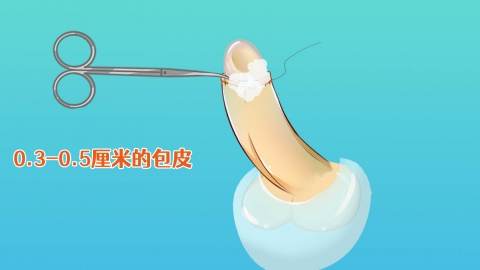Does phimosis affect development?
Generally speaking, phimosis refers to a condition where the foreskin is excessively long or the foreskin opening is too narrow, resulting in the inability to fully expose the glans penis. Whether phimosis affects development depends on the individual's age, the severity of the phimosis, and whether complications are present. If discomfort occurs, timely medical consultation with a urologist is recommended. Detailed analysis is as follows:

In young children, if the phimosis is physiological (natural), with a relatively loose foreskin opening and no significant difficulty in urination or recurrent infections, the foreskin typically recedes gradually as the child grows and the penis naturally develops. This generally does not affect normal development. Such cases are considered normal phenomena during growth and usually require no excessive intervention.
If severe phimosis persists into adolescence or adulthood, with a tight and narrow foreskin opening that prevents retraction, causing difficulty in urination, recurrent balanitis, or posthitis, it may impact penile development. Prolonged inflammation and local pressure may restrict the normal growth of the penis and could even affect the normal function of the genital organs.
In daily life, attention should be paid to monitoring the condition of the genital organs. Regular check-ups of the foreskin condition in childhood are recommended, along with maintaining local hygiene. If the foreskin opening appears excessively narrow, urination is abnormal, or inflammation recurs frequently, prompt medical consultation at a hospital is advised. A physician should assess whether intervention or treatment is necessary to avoid delays that could impair normal development.







